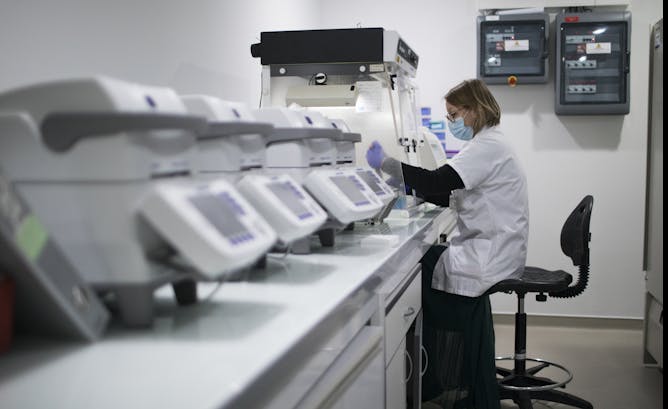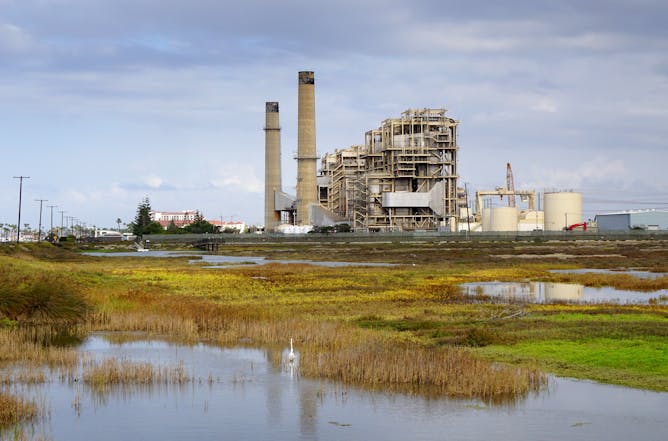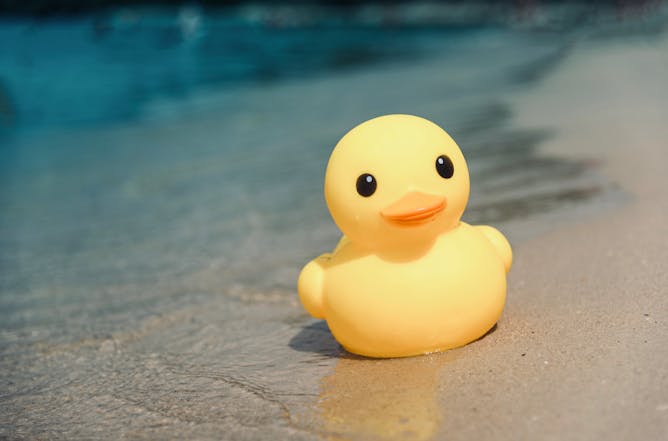|
|
|
|
Late last year, as COVID vaccines were getting ticks of approval and rolling off production lines, the world began to breathe a sigh of relief at the prospect the pandemic might soon be over. But then new and concerning genetic variants of the coronavirus began to emerge.
Some of these “variants of concern” have the potential to sidestep our vaccine defences. And the more the virus circulates and replicates in countries with significant exposure, the more likely it is that even more mutants will arise.
That’s why the Lancet Covid Commission Taskforce on Public Health - a high-level international expert group - has issued a stark warning against complacency. They argue that new variants have changed the game, meaning we can no longer win the upper hand with vaccination alone.
Instead, they suggest countries around the world need to pursue “maximum suppression” of the virus, keeping measures such as masks and social distancing even while vaccines are rolled out. Otherwise, we could be left fighting a rearguard action against SARS-CoV-2 mutant strains for a long time to come.
|
Michael Hopkin
Editor, Science + Technology, Health + Medicine
|

|
|

Daniel Cole/AP
Susan Michie, UCL; Chris Bullen, University of Auckland; Jeffrey V Lazarus, Barcelona Institute for Global Health (ISGlobal); John N. Lavis, McMaster University; John Thwaites, Monash University; Liam Smith, Monash University; Salim Abdool Karim, Centre for the AIDS Program of Research in South Africa (CAPRISA); Yanis Ben Amor, Columbia University
COVID-19 variants of concern have changed the game. We need to recognise and act on this to avoid future waves of infections, yet more lockdowns and restrictions, and avoidable illness and death.
|

Shutterstock
Judith Rosentreter, Yale University; Alberto Borges, Université de Liège; Ben Poulter, NASA; Bradley Eyre, Southern Cross University
Scientists previously underestimated aquatic methane emissions. We must use this new information to stop methane derailing our attempts to stabilise the Earth’s temperature.
|

Brian A Jackson/Shutterstock
Steven Hail
Governments like ours choose to borrow, they don't have to.
|

Shutterstock
Shane Keating, UNSW; Moninya Roughan, UNSW
The grisly discovery of a disembodied foot on a NSW beach was a tragic twist in the mystery of missing woman Melissa Caddick. Such tragedies can also reveal hidden currents connecting the planet.
|
Health + Medicine
|
-
Mary O'Keeffe, University of Sydney; Ray Moynihan, Bond University
In our new study, we've found the majority of news stories are failing to cover potential downsides of early detection tests. This could be perpetuating the problem of overdiagnosis.
|
|
Arts + Culture
|
-
Lila Landowski, University of Tasmania; Fran McInerney, University of Tasmania
A neuroscientist and a clinician watched two new films about dementia. They recognised what they saw.
|
|
Politics + Society
|
-
Meredith Nash, University of Tasmania; Robyn Moore, University of Tasmania; Ruby Grant, University of Tasmania; Tania Winzenberg, University of Tasmania
Many men may be wondering how they can help make this moment count for gender equality. Which type of ally will you be?
|
|
Cities
|
-
Michael McGreevy, Flinders University
In many cities contemplating new light rail systems, bus rapid transit offers a cheaper, faster and more flexible solution.
|
|
Science + Technology
|
-
Stuart McFarlane, RMIT University; Adrian Dyer, RMIT University; Jair Garcia, RMIT University
Waking up to a tuneful melody or favourite song can make us feel more alert than the traditional high-pitched ringing or buzzing of an alarm clock.
|
|
| |
Featured jobs
|
|
|
Featured Events & Courses
|

|
Parkes Place, Canberra, Australian Capital Territory, 2600, Australia — National Library of Australia
|

|
Level 21, 15 Broadway,, Ultimo, New South Wales, 2007, Australia — University of Technology Sydney
|

|
Indian Ocean marine Research Centre, UWA, Crawley, Western Australia, 6009, Australia — University of Western Australia
|

|
online webinar, Perth, Western Australia, 6000, Australia — University of Western Australia
|
|
|
|
| |
| |
| |
| |
| |
|
|
|
|
|
|
|